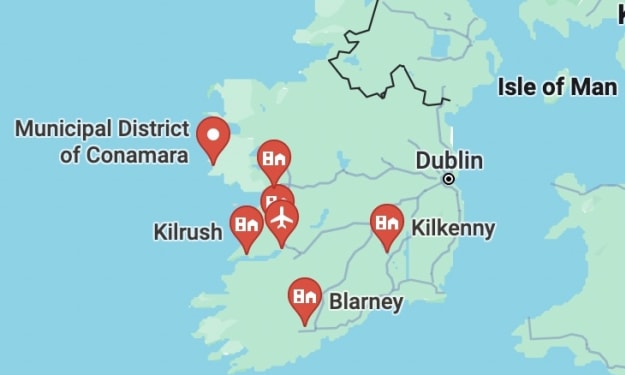
She sat on the back doorstep, looking out across the valley at the jagged skyline. This had once been home. All that remained of the town was crumbling brickwork and blackened, skeletal roof beams. This side of the hill had been slightly protected. Her house still had a roof and walls. There were even still a few packets in the cupboards; moulding tupperware pots in the silent fridge. Nothing retrievable. Any tins had long gone. A thin layer of grey dust coated every surface.
Her shoulders dropped and she let her chin rest on her hands. For once, she could drop her guard. There was no one else here. Not a hint of human presence in the whole disintegrated town except her own self, sitting here, looking out at what had once been her garden. She felt almost triumphant in the moment.
The sun was low above the horizon, gold against a titanium sky. The sunsets were so beautiful, every day. It was as though nature was compensating for what the world had become. Even in desolation, the earth made you love her. Despite herself, she stayed put to marvel at it.
Then she wrapped her scarf around her face and stepped back inside. She trod carefully across the kitchen and into the hallway. At the foot of the stairs, she hesitated. It had been a long, hard journey to get back here. The pain of the memory made her buckle slightly.
The wallpaper had begun to peel. The staircase smelled musty; decay competing with the dry dust that lingered everywhere, indoors and out, and coated the insides of your nose and throat. It had been a cold, dank winter. She had imagined worse.
The stair carpet felt oddly sticky underfoot. There were snail trails crisscrossing it. She nudged a picture that had fallen from the wall out of her way with her foot. A wriggling mass of woodlice, suddenly exposed, uncoupled into its individual parts. Tiny steampunk tanks, they headed off in every direction.
At the top of the stairs, she paused. The house was so familiar and yet… The floorboards protested underfoot. A reminder that just because the roof was largely intact, she couldn’t trust its integrity.
Stepping lightly, she crossed quickly to her mother’s bedroom, almost ran across the room, and sank down on the floor beside the built-in cupboard. She brushed the boxes and crumpled clothes out of the way with a sweep of her arm. Then she pulled back the corner of the pink carpet, curled her fingers into the crack right at the back, and lifted the floorboard underneath.
It was still there, her mother’s shoebox. She took off the lid and grabbed everything. Then she hurried back downstairs. Back out through the kitchen. Back to the doorstep. She sat down heavily and began to flick through the clump of papers, casting them off into a discard pile on the step beside her.
At last, she was holding it in her hand: a slightly crumpled envelope; a letter from her father to her mother; and, inside the fold of the letter, a heart-shaped locket. The locket was cool to her touch; smooth silver with a swirling pattern on one side. She prised it open with her dirty thumbnail. There were two photos inside: one, her father and mother. The other was of her and her little sister.
She looked at them for a long time. She felt at peace. There was nowhere to go right now. Nothing to do. She might as well be the last person alive. She leant back against the door frame.
The air was not cold. In fact, she could hardly feel it at all. It felt like gentle breath against her cheek. In the time before, this would have a been a balmy summer evening filled with the sounds of existence: birds settling down for the night; the distant hum of cars; music; murmur of voices and occasional explosion of laughter from beyond the fence.
Now, it was just her and silence.
She had breached a thousand directives to come here. It had been madness, she supposed. But what would they do, except probably lock her up? The whole world felt like a prison anyway.
She wondered how long she could hold out here. It couldn’t be long. She knew she’d been missed. She knew there was no way to survive here. There was nothing. Anything of value – tins, fuel, kit – had been looted long ago.
She watched the sunset change first to bright orange, then purple, mauve, pink and cerulean, then a deep blue that gradually turned to black.
But this moment of freedom. This moment reclaiming her past. It had to be worth it.






Comments
There are no comments for this story
Be the first to respond and start the conversation.